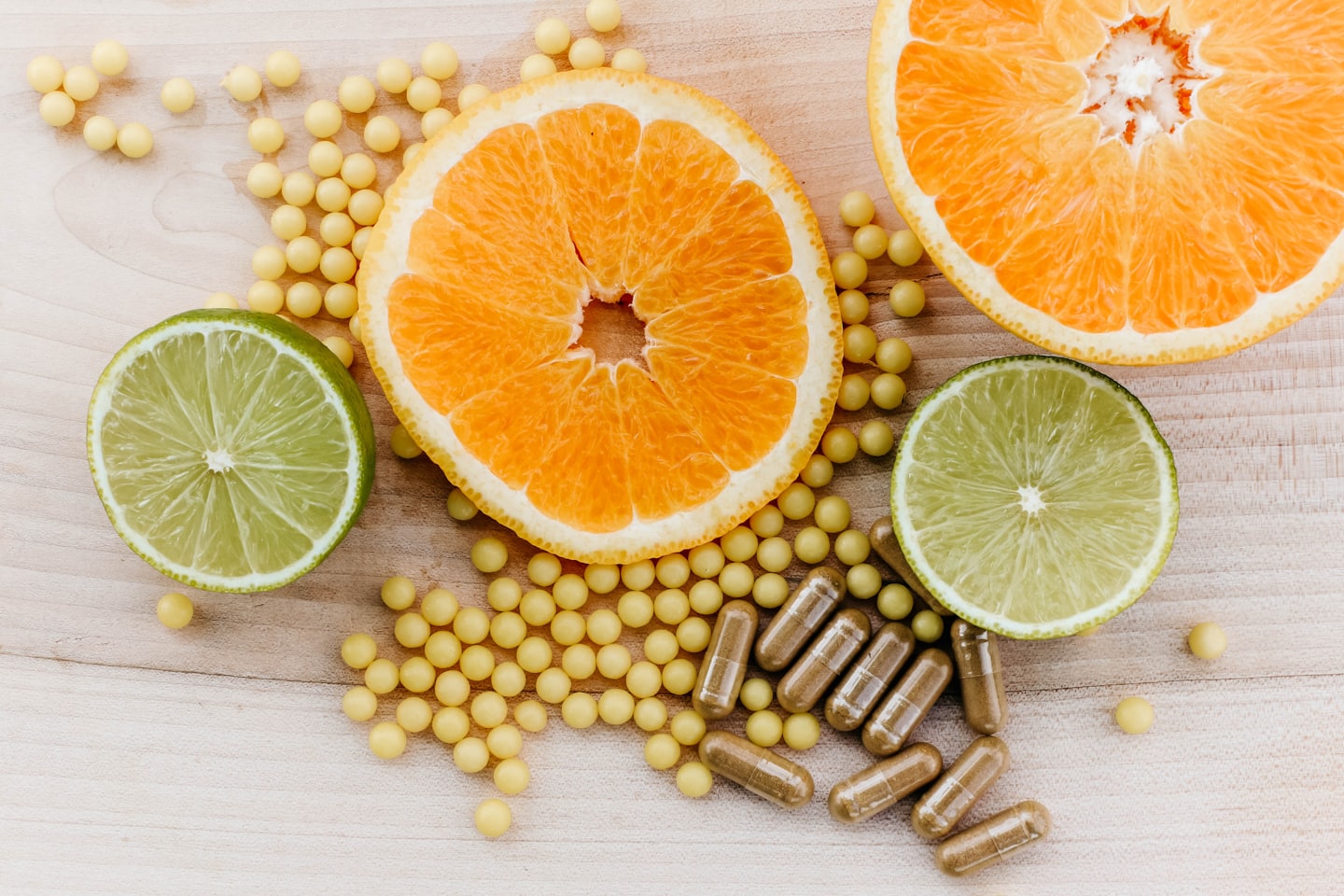Twój koszyk jest obecnie pusty!
Depression Symptoms and Helpful Probiotics
Depression is a common mental health disorder that can be chronic or recurrent, significantly impairing a person’s ability to function in daily life [Vilagut et al., 2016]. Currently, depression affects approximately 350 million people, and the number of individuals suffering from this condition continues to grow. Besides typical psychological symptoms, depression can lead to various physiological changes, including alterations in the gut microbiome [Gawlik et al., 2013; Liu et al., 2020].
Liu and colleagues studied the gut microbiota of 90 American adults, 43 of whom exhibited clinical depression symptoms, while the remaining 47 served as a control group. The study found that individuals with clinical depression had significantly different gut microbiota compared to the control group. The gut microbiota of depressed patients showed a lower abundance of bacteria from the Firmicutes phylum, which includes beneficial lactic acid bacteria of the Lactobacillus genus, and a higher abundance of bacteria from the Bacteroidetes phylum, which includes potentially harmful opportunistic bacteria [Liu et al., 2020]. In another study, Huang and colleagues used 16S rRNA sequencing and bioinformatics analysis to examine the gut microbiota of 54 individuals, 27 of whom had depressive disorders. Their findings confirmed significant disruptions in the gut microbiota composition of depressed patients. Similarly, they observed a marked reduction in the abundance of Firmicutes bacteria [Huang et al., 2018].
Importantly, analysis of these studies suggests that reduced Firmicutes levels lead to a decrease in short-chain fatty acids, whose deficiency can weaken the intestinal barrier [Stilling et al., 2016; Trzeciak & Herbet, 2021]. A weakened intestinal barrier may allow pathogens and their metabolites to enter the bloodstream, triggering an immune response that has been linked to depression development [Diehl et al., 2013].
Psychobiotic bacteria and their impact on mental health
Clinical research conducted in recent years suggests that probiotics may help treat depressive states. Among the many strains present in probiotics, psychobiotic bacteria, when consumed in adequate amounts, positively impact mental health [Dinan et al., 2013]. These bacteria significantly affect metabolism and central nervous system functioning, influencing mental health through the gut-brain-microbiome axis (BGM) via neural, endocrine, and immune mechanisms [Bravo et al., 2012; Desbonnet et al., 2008].
For instance, Rudzki and colleagues investigated the properties of Lactobacillus plantarum 299v (LP299v) [Rudzki et al., 2019]. The study involved 79 patients with clinical depression; the experimental group received a selective serotonin reuptake inhibitor (SSRI) along with the probiotic Lactobacillus plantarum 299v (10 × 10⁹ CFU daily), while the control group received only the SSRI and a placebo for 8 weeks. Although there were no significant changes in cortisol levels, the study noted reduced kynurenine concentrations—a compound with neurotoxic effects—and improved cognitive functions in the LP299v group compared to the placebo group [Rudzki et al., 2019].
Furthermore, Wallace and Milev conducted a pilot study involving 10 patients with depressive disorders who were not taking any antidepressants. These patients received daily supplementation with the probiotics Lactobacillus helveticus R0052 and Bifidobacterium longum R0175 (at a dose of 3 × 10⁹ CFU) for 8 weeks. The study demonstrated that daily probiotic supplementation significantly reduced anxiety and improved overall mood [Wallace & Milev, 2021].
It is worth noting that different probiotics may be more beneficial for specific symptoms or subtypes of depression. However, randomized clinical trials on depression often lack data on symptoms, making it challenging to determine strain-specific effects in clinical populations.


Bibliography:
Vilagut, G.; Forero, C.G.; Barbaglia, G.; Alonso, J. Screening for Depression in the General Population with the Center for Epidemiologic Studies Depression (CES-D): A Systematic Review with Meta-Analysis. PLoS ONE 2016, 11, e155431. [Link to article]
Gawlik, S.; Waldeier, L.; Muller, M.; Szabo, A.; Sohn, C.; Reck, C. Subclinical depressive symptoms during pregnancy and birth outcome—A pilot study in a healthy German sample. Arch. Womens Ment. Health 2013, 16, 93–100. [Link to article]
Liu, R.T.; Rowan-Nash, A.D.; Sheehan, A.E.; Walsh, R.F.L.; Sanzari, C.M.; Korry, B.J.; Belenky, P. Reductions in anti-inflammatory gut bacteria are associated with depression in a sample of young adults. Brain Behav. Immun. 2020, 88, 308–324. [Link to article]
Huang, Y.C.; Shi, X.; Li, Z.Y.; Shen, Y.; Shi, X.X.; Wang, L.Y.; Li, G.F.; Yuan, Y.; Wang, J.X.; Zhang, Y.C.; et al. Possible association of Firmicutes in the intestinal microbiota of patients with major depressive disorder. Neuropsychiatr. Dis. Treat. 2018, 14, 3329–3337. [Link to article]
Stilling, R.M.; van de Wouw, M.; Clarke, G.; Stanton, C.; Dinan, T.G.; Cryan, J.F. Buttermilk neuropharmacology: Bread and butter axis of the microbiota-gut-brain? Neurochem. Int. 2016, 99, 110–132. [Link to article]
Trzeciak, P.; Herbet, M. Role of the Intestinal Microbiome, Intestinal Barrier and Psychobiotics in Depression. Nutrients 2021, 13, 927. [Link to article]
Diehl, G.E.; Longman, R.S.; Zhang, J.X. The microbiota restricts the transport of bacteria to the mesenteric lymph nodes by CX (3) CR1 (hi) cells. Nature 2013, 494, 116–120. [Link to article]
Dinan, T.G.; Stanton, C.; Cryan, J.F. Psychobiotics: A novel class of psychotropic. Biol. Psychiatry 2013, 74, 720–726. [Link to article]
Forsythe, P.; Sudo, N.; Dinan, T.; Taylor, V.H.; Bienenstock, J. Mood and gut feelings. Brain Behav. Immun. 2010, 24, 9–16. [Link to article]
Yang, Z.; Li, J.; Gui, X.; Shi, X.; Bao, Z.; Han, H.; Li, M.D. Updated review of research on the gut microbiota and their relation to depression in animals and human beings. Mol. Psychiatry 2020, 25, 2759–2772. [Link to article]
Bravo, J.A.; Julio-Pieper, M.; Forsythe, P.; Kunze, W.; Dinan, T.G.; Bienenstock, J.; Cryan, J.F. Communication between Gastrointestinal Bacteria and the Nervous System. Curr. Opin. Pharmacol. 2012, 12, 667–672. [Link to article]
Desbonnet, L.; Garrett, L.; Clarke, G.; Bienenstock, J.; Dinan, T.G. The probiotic bifidobacteria infantis: An assessment of potential antidepressant properties in the rat. J. Psychiatr. Res. 2008, 43, 164–174. [Link to article]
Rudzki, L.; Ostrowska, L.; Pawlak, D.; Małus, A.; Pawlak, K.; Waszkiewicz, N.; Szulc, A. Probiotic lactobacillus plantarum 299v decreases kynurenine concentration and improves cognitive functions in patients with major depression: A double-blind, randomized, placebo-controlled study. Psychoneuroendocrinology 2019, 100, 213–222. [Link to article]
Wallace, C.J.K.; Milev, R.V. The Efficacy, Safety, and tolerability of probiotics on depression: Clinical results from an open-label pilot study. Front. Psychiatry 2021, 12. [Link to article]
Yong, S.J.; Tong, T.; Chew, J.; Lim, W.L. Antidepressive Mechanisms of Probiotics and Their Therapeutic Potential. Front. Neurosci. 2020, 13, 1361. [Link to article]

